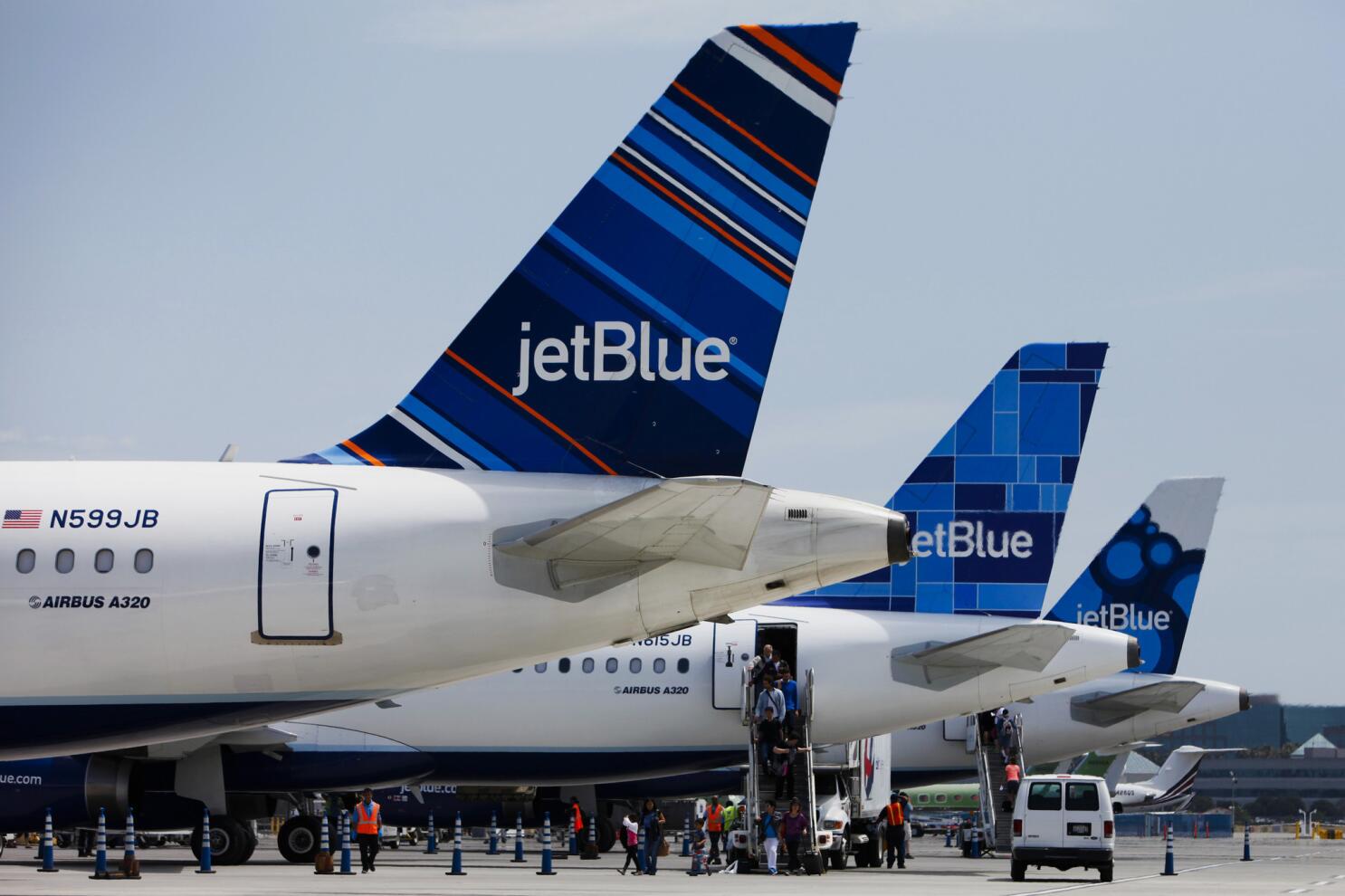
Airline mergers and acquisitions have reshaped the aviation industry, creating giants that dominate the skies. But what drives these colossal deals? Cost savings, expanded routes, and increased market share are just a few reasons. When airlines merge, they can streamline operations, reduce competition, and offer more destinations to passengers. However, these deals aren't always smooth sailing. Regulatory hurdles, integration challenges, and potential job losses often accompany them. Curious about how these mergers impact your travel experience? From ticket prices to loyalty programs, the effects are far-reaching. Buckle up as we explore 11 intriguing facts about airline mergers and acquisitions that will change how you view the aviation world.
Key Takeaways:
- Airline mergers can lead to higher ticket prices due to reduced competition, impacting travelers' choices and wallets.
- Merged airlines may offer improved services but also reduce options, impacting both travelers and job opportunities within the industry.
The Impact of Airline Mergers on Ticket Prices
Mergers and acquisitions in the airline industry can significantly affect ticket prices. Understanding these changes helps travelers make informed decisions.
-
Increased Prices: After a merger, ticket prices often rise due to reduced competition. Fewer airlines mean less incentive to offer competitive rates.
-
Economies of Scale: Larger airlines can operate more efficiently, sometimes leading to lower operational costs. However, these savings don't always translate to cheaper tickets for passengers.
-
Route Optimization: Merged airlines may streamline routes, eliminating less profitable ones. This can lead to fewer options and higher prices on remaining routes.
Effects on Airline Services
Mergers can also influence the quality and variety of services offered by airlines. These changes can be both positive and negative.
-
Enhanced Services: Combined resources can lead to improved in-flight services, such as better meals, entertainment, and seating options.
-
Service Reductions: Conversely, some mergers result in cost-cutting measures, reducing the quality of customer service and amenities.
-
Frequent Flyer Programs: Mergers often lead to the integration of loyalty programs, which can benefit frequent travelers by offering more opportunities to earn and redeem points.
Job Market and Employment
The airline industry is a significant employer, and mergers can have profound effects on jobs within the sector.
-
Job Losses: Mergers often lead to redundancies, resulting in job losses. Overlapping roles are typically the first to be cut.
-
Job Creation: On the flip side, mergers can create new job opportunities in areas like management, IT, and customer service as the new entity restructures.
-
Employee Benefits: Merged airlines may offer improved benefits packages to retain top talent, including better health insurance, retirement plans, and travel perks.
Market Share and Competition
The dynamics of market share and competition shift dramatically with airline mergers.
-
Increased Market Share: Mergers can create airline giants with significant market share, allowing them to dominate certain routes and regions.
-
Reduced Competition: With fewer airlines in the market, competition decreases. This can lead to higher prices and fewer choices for consumers, impacting overall market dynamics.
The Final Takeoff
Airline mergers and acquisitions have reshaped the aviation industry. These deals often aim to cut costs, expand routes, and improve services. However, they can also lead to job losses, reduced competition, and higher fares. Understanding the impact of these mergers helps travelers make informed decisions.
American Airlines and US Airways merging in 2013 created the world's largest airline. Delta and Northwest joining forces in 2008 set the stage for more consolidations. Each merger brings unique challenges and opportunities.
For passengers, it's crucial to stay updated on these changes. Mergers can affect loyalty programs, flight availability, and overall travel experience. Keeping an eye on industry news ensures you're not caught off guard.
In the end, airline mergers are a mixed bag. They can offer benefits but also come with drawbacks. Stay informed and fly smart!
Frequently Asked Questions
Was this page helpful?
Our commitment to delivering trustworthy and engaging content is at the heart of what we do. Each fact on our site is contributed by real users like you, bringing a wealth of diverse insights and information. To ensure the highest standards of accuracy and reliability, our dedicated editors meticulously review each submission. This process guarantees that the facts we share are not only fascinating but also credible. Trust in our commitment to quality and authenticity as you explore and learn with us.


